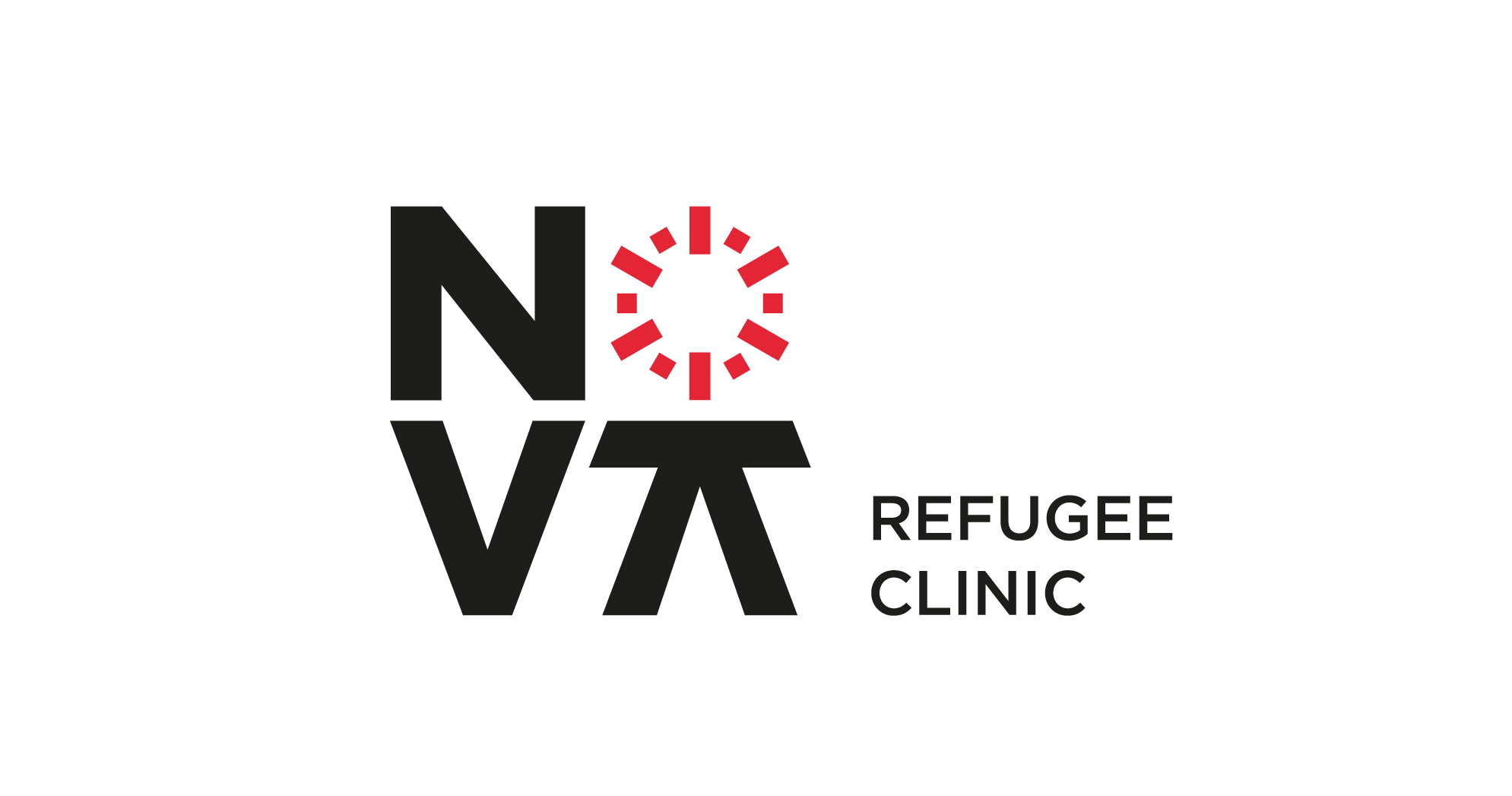Migrations as development agents for the countries of destination
Maria Mariana Moura, Catarina de Pedro, Cláudia Loureiro and Rita Pereira [1]
INTRODUCTION
The impact on the economic development of the host countries, resulting from the financial contributions of migrants, is evident. In countries like Nepal or Liberia, remittances sent by migrants represent almost 30% of the Gross Domestic Product, making it inevitable to connote migration to the development of the destination countries. However, there is an apparently general concern regarding the entry of people and the potential negative effect that this may have on the social and economic framework of the destination countries. We often hear that immigration has more costs than benefits for those countries, as it creates pressure on social service systems, therefore, becoming an economical burden.
MIGRATION AND ITS IMPACT ON THE DEVELOPMENT OF DESTINATION COUNTRIES
However, little is said about the relevance of migration and its actual impact on the development of countries that receive migrants. Immigration suppresses manpower shortages of host countries, fosters new entrepreneurship, allows for innovation, fills the needs and imbalances of labour markets and often helps to oppose the ageing of societies. In the last 10 years, there has been an increase of around 70% in Europe’s workforce, influenced by the increase in immigration, which contributes in a large scale to the development of European economies. Even so, society has a tendency to accept that migration is a negative phenomenon, that it removes the characteristic culture of each country and that, in addition to not influencing economic growth, it withdraws employment opportunities from the nationals. This is a myth that must be defeated, as migration not only improves the economies of the host countries, since migrants pay taxes and social contributions, but it also does not influence the availability of jobs, since most of the time migrants fill gaps in the main overlooked sectors. Furthermore, migrants contribute to the creation of new job opportunities and the expansion of labour supply in the economies, as they are consumers of goods and services, as well as investors and entrepreneurs.
In addition to the economic impact, migration generates the encounter between different people, contributing to a multicultural environment in the host country. The exchange of cultures, experiences and different perspectives can be a focal point of change for both the country of origin and the country of destination. However, most countries opt for an assimilationist approach that tends, to some extent, to erase the adverse aspects of cultures, culminating in xenophobic treatments. Given the phenomenon of globalization, migratory flows would obviously be expected to be seen as an opportunity to bring cultures together, to develop and broaden mind-sets further – however, the current reports point to a different reality[1].
Not only do migrants contribute to the development of the host countries, but also their action in the labour market and integration into societies impacts the societal progress in the countries of origin. Migrants contribute in a great deal to the development of their countries, economically, culturally and socially. The remittances sent by migrants to their families, contrary to what may be disseminated, do not create financial dependency – instead, they open doors to more opportunities for those who obtain this financial aid. Through remittances, family members living in the migrant’s country of origin can invest in education, contributing to the development of future generations with qualified workers in their countries. It is also natural that the migration phenomenon contributes to the transfer of skills, with democratic values that can contribute to the eradication of oppressive governments, technological innovations and diffusion of new values and ideas that migrants retain. Evidently, this is not a one-sided issue, and migration can have negative consequences for the countries of origin. Sometimes there can be a loss of qualified workers who could have had a role in the development of their countries, in a direct way. Besides, one must consider the possibility of migrants suffering from some kind of exclusion or discrimination and feeling that their skills are undervalued in the destination countries. However, the crucial point is to debate the impact of migration both in the host countries and in the countries of origin, in order to be able to analyse what are the positive effects, in order to maximize them, and what are the negative effects, in order to mitigate them.
In this article, what is intended to be highlighted and, mainly, to be demystified, are the impacts that migration has had for the destination countries’ development. For that purpose, it becomes interesting to analyse the dichotomy between the Developing Countries and the Developed Countries.
At an economic level, it is curious to note that remittances from migrants are an important flow of finance in both developed and developing countries. Besides, as mentioned above, in Nepal, a Developing Country, remittances represent about 30% of GDP and their impact is even more significant than the Public Development Assistance’s, which depends on developed countries’ funds and contributions. As in Nepal, the relevance of the contributions of migrants in Portugal, a Developed Country, is high. Not only do migrants contribute to the development of economies through financial contributions, but also through their consumption patterns, more specifically the purchase of products of origin from the host country. In Portugal, in the face of growing public uncertainty regarding migratory flows that could compromise the social and economic cohesion of the destination countries, the Minister of State and the Presidency recently made a few statements highlighting the positive effects of migration on national development, especially in the economy, in demographic growth, in the workforce and in social security contributions: «the contributions of immigrants in Portugal “are much greater than the benefits [that they might receive]”». She then added that Portugal is willing to create conditions so that they can establish themselves on Portuguese soil “welcoming and integrating them with a better use of all social systems, in Portuguese education and maintaining a good development relationship with the countries of origin.”
Confirming this information and the present thesis that migration can greatly contribute to the country’s development, in Portugal, the Migration Observatory report[2] determines that, in 2019, foreigners demonstrated to have a higher contributory capacity than nationals and benefited less of social benefits than the Portuguese themselves. In an integrated society, one must not only observe economic development, since without social development, there can be no financial development. In light of this, the integration and regularisation of migrants in the host countries, granting greater access to their rights, is very important. Policies that facilitate integration must be created, mechanisms that facilitate dual citizenship must be implemented, a reinforced facilitation for the legalisation of migrants must be developed, and an incentive that makes social cohesion a reality must be promoted. Without social cohesion, there is vulnerability to anti-immigration narratives that do not legitimise the important cultural, educational, economical and social role of migrants in societies. Structures such as the Portuguese National Support Centre for the Integration of Migrants (CNAIM – Centro Nacional de Apoio à Integração de Migrantes), are essential to address the difficulties that a migrant may experience regarding cultural and even legislative differences between countries of origin and host countries. It is necessary to promote intercultural relationships, oppose social exclusion, disseminate good integration practices and guarantee access to education and public services. Creating favourable conditions for the integration of immigrants, i.e. at the housing level, bringing them closer to local cultures, fighting language barriers through intercultural education programmes, or guaranteeing them access to health care to avoiding disparities are all decisive steps. Assuring social rights, fundamental on equal terms, is crucial for the impact of migration to be not only economic, but also to allow for its aspects to be explored in other areas of society.
CONCLUSION
Thus, the integration of immigrants should be seen as an investment and not as a cost. All the positive points that the integration of migratory flows can provide for the host countries must be taken into account. There must be an increasing fight on the mind-sets that associate migration with cultural theft, the loss of jobs. Notions of interculturalism and equal access to all goods must be spread, so that the benefits can be a reality for the country of origin, as well as for the host country and for the immigrant himself. Migration is a synonym of development: economic, cultural and social.
It is essential to disseminate ideas that contradict the underlined unrealistic perspectives, to demystify any discussion or public opinion that points to fears and uncertainties of migratory flows. Migration and development can go hand in hand[3].
M.M.MOURA & al., Migrations as development agents for the countries of destination, NOVA Refugee Clinic Blog, January 2021, available at <Migrations as development agents for the countries of destination>
[1] Maria Mariana Moura is a PhD student at NOVA School of Law and Team Leader of the Migration&Development line of research of the NOVA Refugee Clinic. mariamarianademoura@gmail.com.
Catarina de Pedro is a second year Master student in International and European Law at NOVA School of Law and member of the Migration&Development line of research of the NOVA Refugee Clinic. catarinadepedro@gmail.com
Cláudia Loureiro is a Post-Doctoral student in Law at NOVA School of Law, Post-Doctorate in Human Rights Faculdade de Direito da Universidade de Coimbra and member of the Migration&Development line of research of the NOVA Refugee Clinic. crmloureiro@gmail.com
Rita Pereira is a first year Master student in International and European Law at NOVA School of Law and member of the Migration&Development line of research of the NOVA Refugee Clinic. 7676@novalaw.unl.pt
[1] Barreto, António, Integração e multiculturalismo. Artigo de Opinião. https://www.dn.pt/opiniao/opiniao-dn/antonio-barreto/integracao-e-multiculturalismo-5107031.html
[2] “Following a trend of the last decade, in Portugal, the relationship between the contributions of foreigners and their counterparts in the Portuguese Social Security system – the social benefits from which they benefit -, in the reference years of this report, continues to translate a very positive financial balance with foreigners residing in the country, being in 2018 at +651.3 million euros and in 2019 at +884.4 million euros, the highest value ever achieved.”. Observatory on Migration. Indicators of Integration of Immigrants: Annual Statistical Report 2020. Lisbon, ACM, IP. Available at: www.om.acm.gov.pt
[3] On the subject, these considerations were also based on a study by PEIXOTO, João. The relevance of migration to the development of the countries of destination: a new perspective on the migration-development nexus. In: SOUSA, Constança Urbano de (ed.). The relevance of migration for the 2030 Agenda for Sustainable Development. The Global Compact for Safe, Orderly and Regular Migration. Lisbon: Autónoma University of Lisbon, pp. 49-70, 2019.





